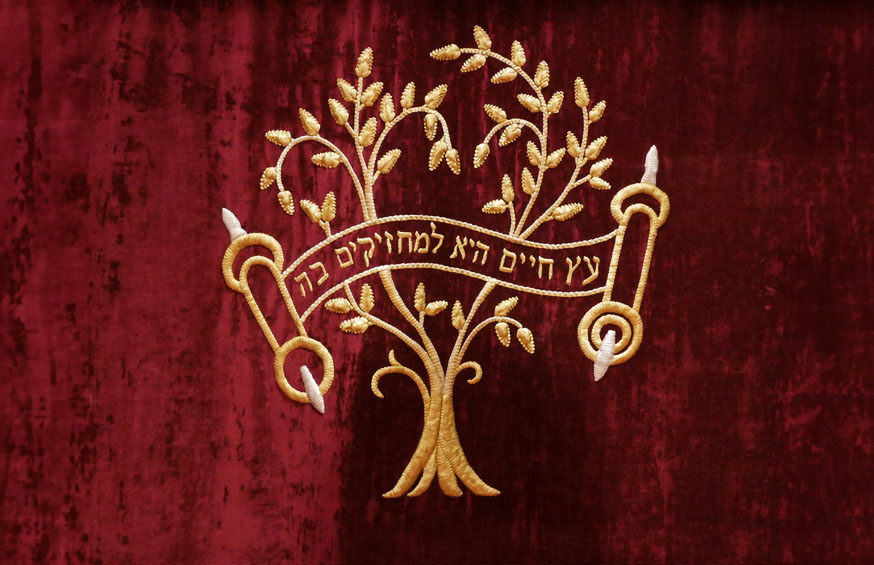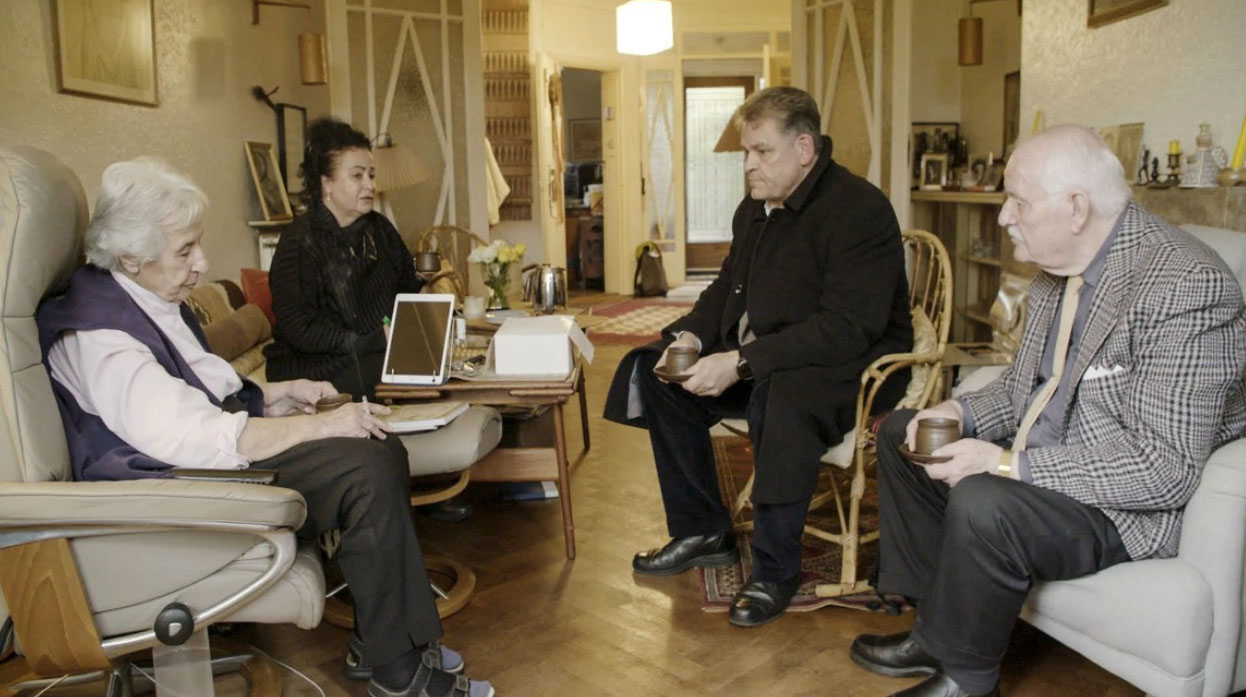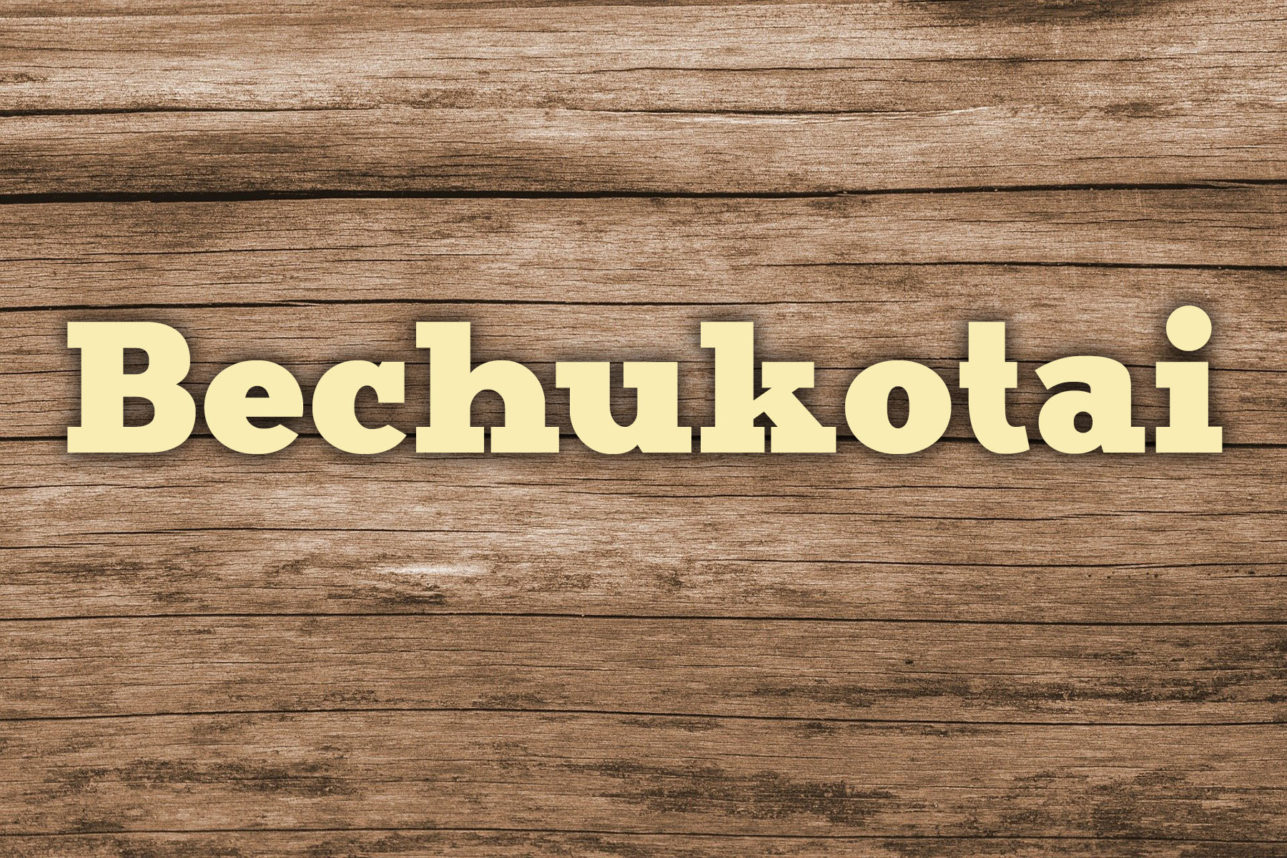What kind of Jew are you? Reform? Conservative? Orthodox? Secular? Cultural? Reconstructionist? With whom do you identify? With whom do you disagree? What kind of Jew is so different that you would have nothing to share?
Somehow, we can’t resist the urge to put labels on ourselves, to define ourselves by our differences.
This week’s Torah portion provides some insight into our innate instinct — as humans and as Jews — to divide ourselves into factions. The familiar story of the Tower of Babel begins with an intriguing statement: “All the earth had one language and one speech.” This seems simple enough. On the surface, the text is telling us that everyone on earth knew the same words. In the most literal sense, it suggests that all the people had the same lexicon — the same set of words from which they were able to communicate. Perhaps they all spoke with a similar accent and intonation and even gestures.
To us, “language” means much more than words. “Everyone was of one language” could imply that people shared cultural and social reference points. They had a shared history and a common political backdrop and a social system.
In fact, many classical Torah commentators suggest that the verse means that the people shared everything, from culture to theology to even possessions. One traditional source even promotes the idea that “they had one language” implies “they were one family.”
And what happens to this (perhaps) extraordinarily single-minded group of human beings? As the Torah tells it, they decide to build a tower toward heaven, a project God halts by scattering the people in countless directions. In addition, the Torah says, God “confounds their language,” thus turning it into a tower of babbling. No longer are the people of a single language. No longer do they communicate with ease. Everything is different.
At first glance, this appears to be a punishment. It would seem that this language dispersion might be tremendously damaging. But is it? Would the ideal be for the whole world to have just one language?
Perhaps not. We find a midrash, a rabbinic teaching, that leads us to a different perspective. It tells us that when God gave the Torah, the Ten Commandments, it was in 70 different languages. In other words, the divine decree came with the understanding that different people would interpret it from their own unique perspectives.
That beautiful idea comes with a challenge. Since we live in a world of many languages, our task is to become multilingual. Each of us needs to listen, to strive to understand, to translate words, ideas, beliefs.
In the Jewish world of 1999, that’s a tall order. At Mount Sinai, the Torah could be heard in every language, but in our community today — and in Israel, where the religious divisions are increasingly painful and pronounced — we have such trouble hearing one another that our unique expressions sometimes amount to little more than babble.
The next time someone asks you what religious category you fit into, consider answering, “I’m part of the Jewish people.”
Our myriad ways of speaking and living and observing are far from being a punishment. Rather, they are cause for celebration. And perhaps, when we learn how to embrace them and appreciate them, then we will come full circle, back to the beginning of the text, and once again be “of one language.” Each of us can express our unique perspective and at the same time celebrate that we are, after all, part of one people.
Shawn Fields-Meyer is rabbi of Congregation Etz Hadar in Redlands. She is also instrutor in Literature and advisor to students at the Ziegler School of Rabbinic Studies.






















 More news and opinions than at a Shabbat dinner, right in your inbox.
More news and opinions than at a Shabbat dinner, right in your inbox.